Top Halal Certification Issuer
Canada’s halal food market is projected to exceed $4.3 billion by 2029. Driven by a growing Muslim…
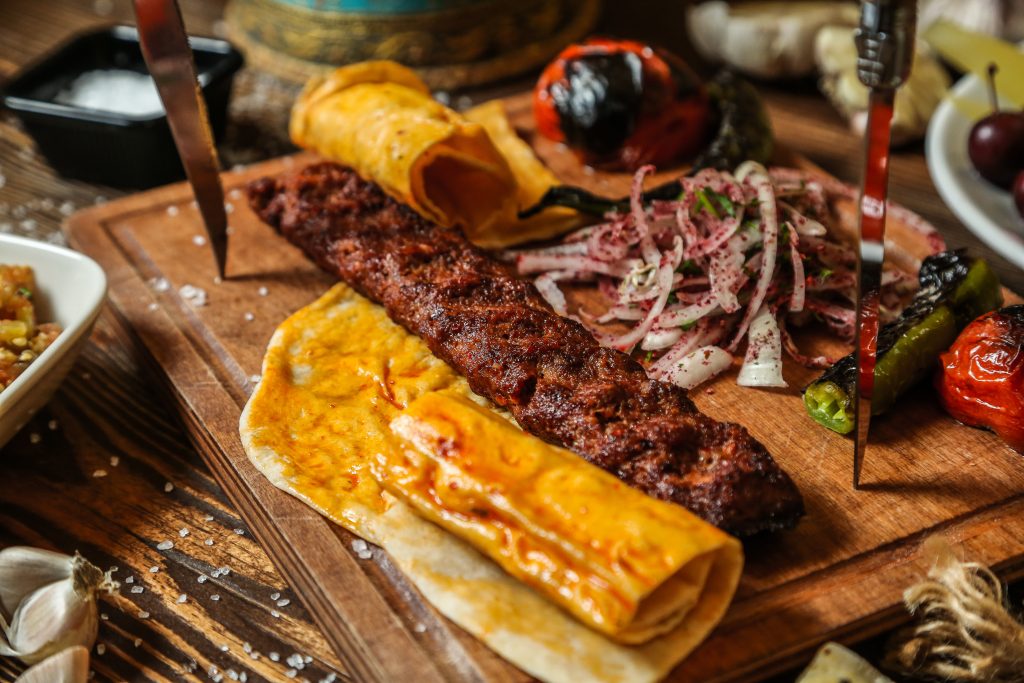
“Is this halal?” It’s a question heard in kitchens, restaurants, and grocery stores across Canada.
But what exactly is halal food, and why does it matter so much to millions of consumers? In Canada, the word “halal” carries layers of meaning. For Muslims, it’s a clear religious guideline — a way of eating that reflects faith, ethics, and intention. But in recent years, halal has also become part of Canada’s mainstream food vocabulary. In cities like Toronto, Mississauga, and Calgary, calling a spot “halal” has quietly evolved into foodie code for: you’re about to eat something really good.
This shift is powerful. It reflects the growing appreciation — by Muslims and non-Muslims alike — for the quality, flavour, and care often associated with halal food. Still, behind every halal meal lies a deeper story rooted in spiritual practice and centuries of tradition. So what exactly is halal food? And why is it so important — religiously, culturally, and even culinarily — across Canada today?
In Islam, foods and drinks are classified into two main categories: halal (permissible) and haram (forbidden). These classifications are rooted in the Qur’an, the Hadith (teachings of the Prophet Muhammad ﷺ), and centuries of Islamic jurisprudence.
This means that halal food must be clean, ethically sourced, and free from prohibited elements such as pork or alcohol. Meat must be slaughtered in a specific way — known as Zabiha — which involves invoking the name of God and ensuring the animal is treated with mercy and care.
But halal isn’t only about meat. It also includes packaged products, sweets, drinks, and even the additives in everyday snacks. Gelatin, enzymes, and flavourings are all considered under halal rules, and many Muslims check for certification symbols or trusted sourcing before taking a bite.

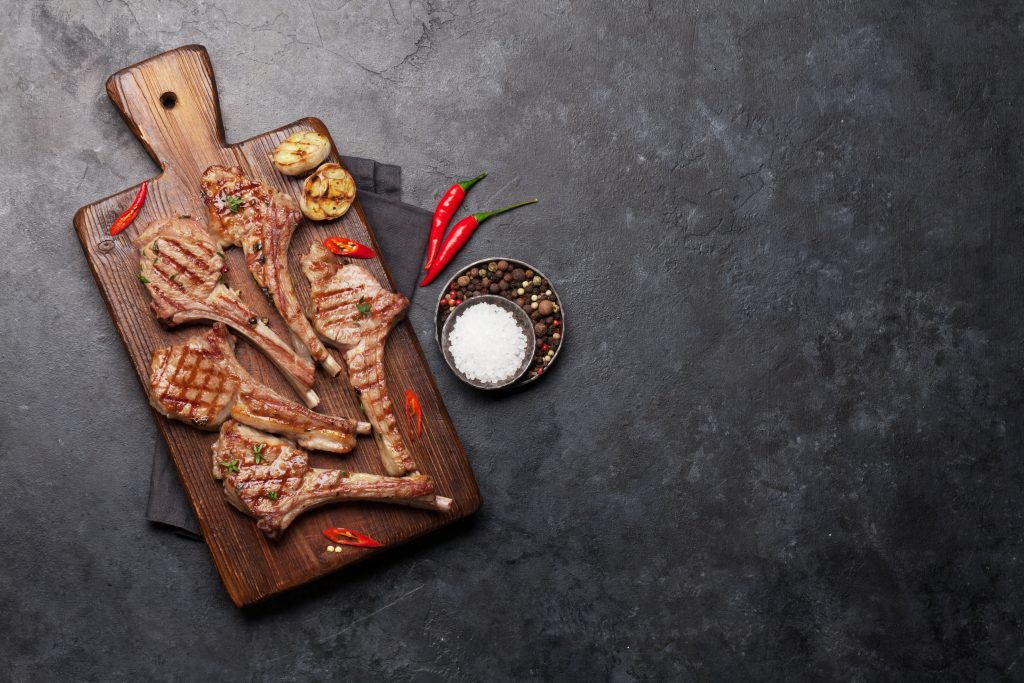
What’s fascinating in Canada today is that halal has started to mean more than just religiously approved. For many non-Muslim Canadians, “halal food” is now shorthand for an entire world of bold, rich, flavour-forward cuisines — from charcoal-grilled Afghan kebabs to Palestinian musakhan to Pakistani biryani loaded with cardamom and saffron.
Places like Ridgway Plaza in Mississauga have become local halal hubs, gathering over a dozen halal eateries in one vibrant, community-driven space. Some foodies continue to seek out these plazas not just for convenience, but because they offer an authentic taste of global halal cuisine — from smoky Afghan grills to Lebanese shawarma, all under one roof.
This cultural shift means that when a restaurant or food truck advertises itself as halal, it’s not just about religious compliance. It’s also a signal of culinary identity. Halal has become a way of discovering global flavours, of trusting what’s on your plate, and of supporting diverse, often family-run local businesses.
No. While Canada has a growing halal industry, most supermarket meat and restaurant meals are not halal by default. But still many halal restaurants today take pride not only in their flavours, but in their values — serving authentic Mediterranean cuisine while strictly adhering to trusted halal practices.
Some signs a product or restaurant is halal:
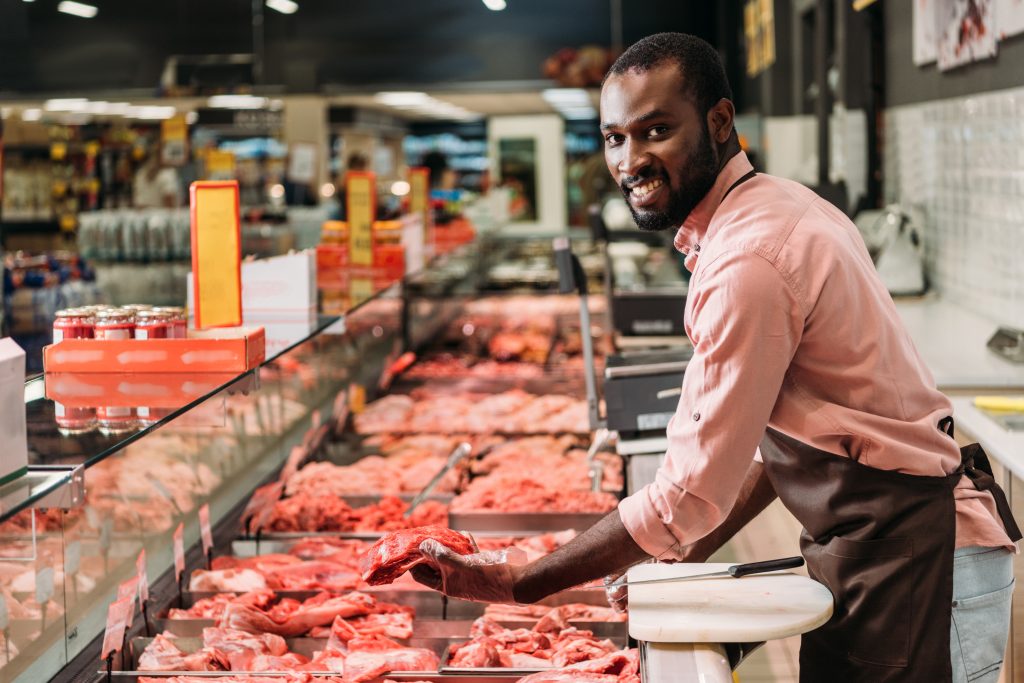
| Food/Drink | Halal? | Notes |
|---|---|---|
| Chicken (Zabiha) | ✅ | Must be properly slaughtered |
| Pork | ❌ | Always haram |
| Wine or beer | ❌ | Intoxicants are forbidden |
| Fish & seafood | ✅ | Generally halal |
| Plant-based meals | ✅ | As long as no haram additives |
| Gelatin (pork-based) | ❌ | Check source |
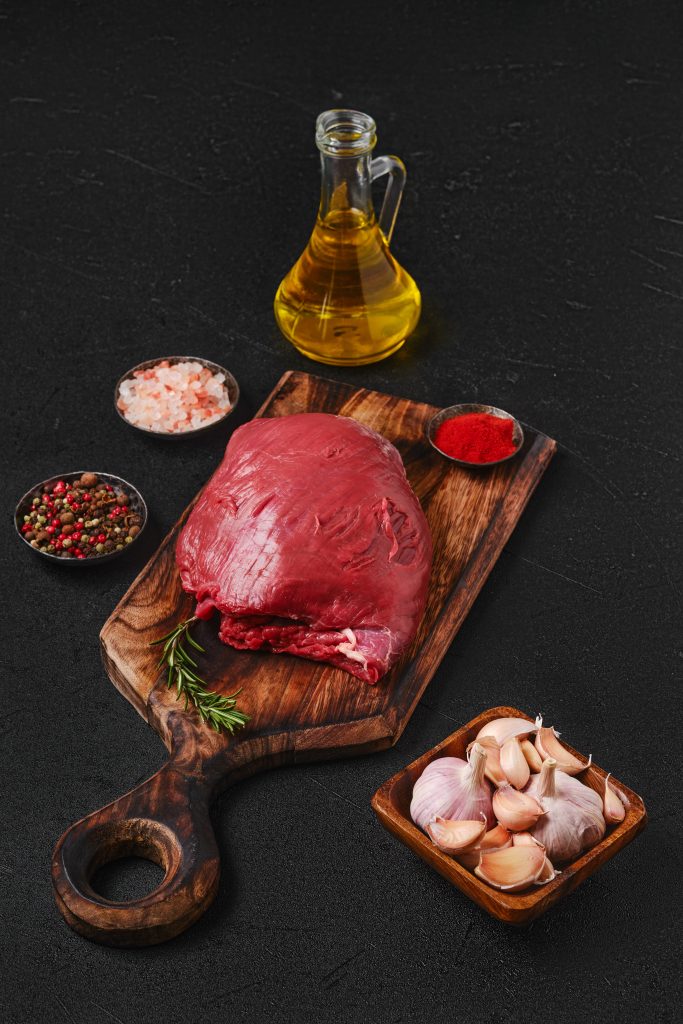
Still, at its core, halal is deeply spiritual. For Muslim Canadians, it’s not simply a lifestyle choice — it’s a religious obligation. Eating halal food is seen as part of living a life that is pure, ethical, and aligned with God’s guidance.
This is why halal consumers take sourcing so seriously. Many will avoid meat from unknown suppliers, ask restaurant staff detailed questions, or use halal food directories like The Halal Food to find trusted options. Halal isn’t just about what’s on the label — it’s about trust, transparency, and accountability.
And because there’s no single federal halal standard in Canada, community trust plays a major role. Certification by known halal bodies helps, but many Muslims also rely on word of mouth, online reviews, and personal experience when choosing where to eat.
And for non-Muslims, halal options provide access to a wider culinary world and support for inclusive food spaces.
With so many options, it’s important to know that not everything labeled “halal” is automatically trustworthy. Some places use the term loosely — advertising “halal-style” or serving halal meat but cooking it on shared grills with pork or alcohol-based sauces.
That’s why it’s essential to ask questions, look for halal certification, or use reliable tools like our directory at The Halal Food, which lists verified halal businesses across Canada. The more informed you are, the more confident you can be that what you’re eating aligns with halal values.
Whether you’re new to halal or want to be more intentional in your choices, here are some tips:

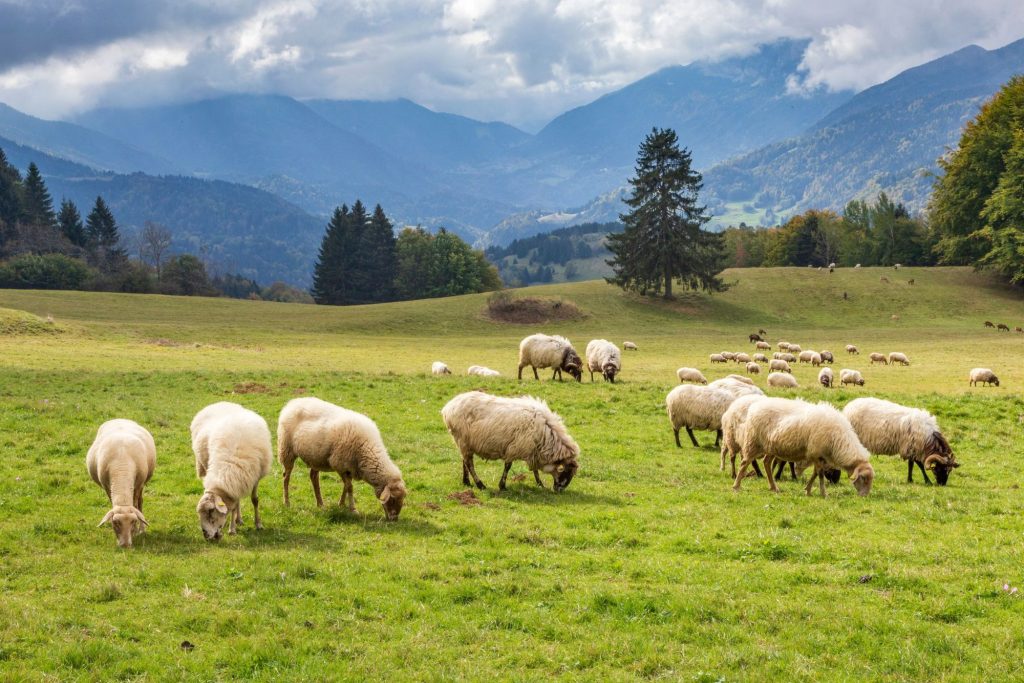
Curious about what those halal certification logos really mean? From the role of agencies like HMA and ISNA to how halal standards are maintained in Canadian food production — we cover it all in our next guide.
Halal food is more than a label — it’s a way of eating that reflects faith, ethics, and culture. As the demand for halal options grows across Canada, so does the need for accurate information and trustworthy sources. Whether you’re planning a family meal, exploring new cuisines, or opening a restaurant, understanding what halal food means is the first step in making informed, respectful choices.
Explore halal food listings near you now — from shawarma spots in Mississauga to Afghan grills in Calgary — right here on The Halal Food.